After savouring the rich peppery flavour of a local Istrian olive oil we recently bought from our travels in Croatia, I reflected that the coaching industry is not too dissimilar to the grades and variety of olive oil. After all, just like the broad spectrum of coaching services available, there are a vast array of oils from many regions of the world which provide a variety of flavours, textures and grades to suit cooking, cosmetic and industrial applications for the consumer.
Much like coaching, there are your exceptional brands that offer a very select premium product: ‘1st pressed, cold filtered extra virgin grades’ through to your mass produced supermarket brands offering blended, bland bottles of the stuff.
So where does your coaching brand sit across the coaching spectrum?
I think we’d all readily agree it’s a gamble purchasing a product from a street stall. You’re never quite sure of its authenticity or quality but you’re lured by the rustic appeal of buying something natural that’s hopefully exceptional and as close to source as you can get. Indeed, the bottle we picked up was indistinct, with no label and no indication of its source and yet its quality stood out a mile! However, these days it seems it could be just as much as a gamble buying from our local supermarkets as more and more examples in the press reveal dubious product quality through false advertising and illicit sources. So, who should we trust? As Steven Mandia of the East Coast Olive Corporation states:
“The Challenge is trying to sell a quality product, in a market that doesn’t always sell a quality product”
I believe there’s a valuable lesson to be learnt from the pros and cons of olive oil branding? There are myriad of coaching models and approaches from executive coaching to intercultural, transpersonal to NLP, which are all effective in their own right; but if we don’t define our core area of expertise where we are best placed to serve our clients, we’re in serious danger of trying to be a ‘jack of all trades and master of none’. And just like your average supermarket branded olive oil, we’ll be in danger of claiming to be something we simply aren’t.
So how do you let a client know what quality or grade you’re offering?
By being in sync with your brand. Coaches create a perception of quality just like olive oil brands, so it’s vital that we deliver on the promised experience, otherwise – just like the faux olive oil that fails to live up to our expectations – our clients are likely to be left disappointed and unlikely to return. Therefore, we must strive to understand our client base and properly align ourselves in the coaching spectrum. If our coaching practice is not quite working, or we’re not quite sure whether to take on a brief, our coaching services are not yet in sync with our brand offering. To be ‘in sync’ is knowing what grade and quality you are offering in the first place! As Kate Swoboda of The Coaching Blueprint© says, you either need a niche, a perspective or a personality – or ideally all three. There is nothing wrong with offering a service that caters to a broad market appeal or a niche area if the client understands that that is your offering. The discord comes when your brand over promises and under delivers.
In summary, I believe you must demonstrate honesty and integrity to your brand and say no to a client when you know your service doesn’t fit – however tempting the offer might be. Focus on your strengths and what makes you distinctive and gradually your brand will build a name for itself based on sound, ethical and professional standards that deliver on your promise.
Please share your comments or experiences in finding your coaching niche, perspective or personality!
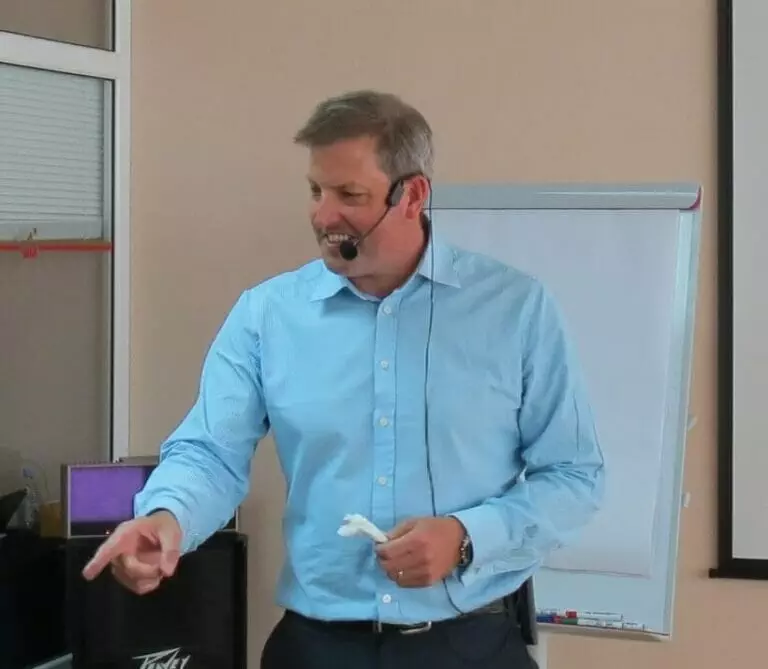

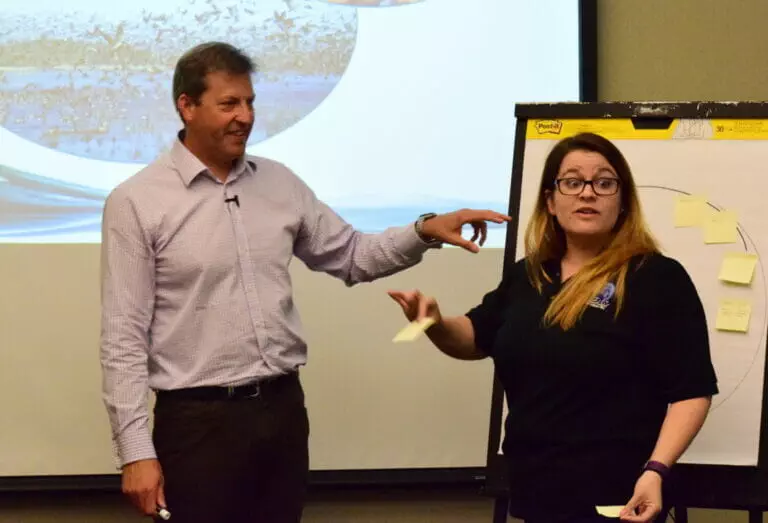

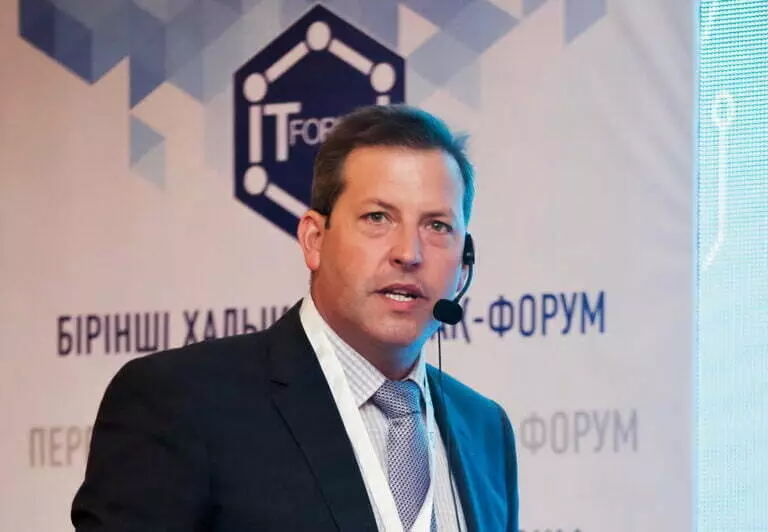
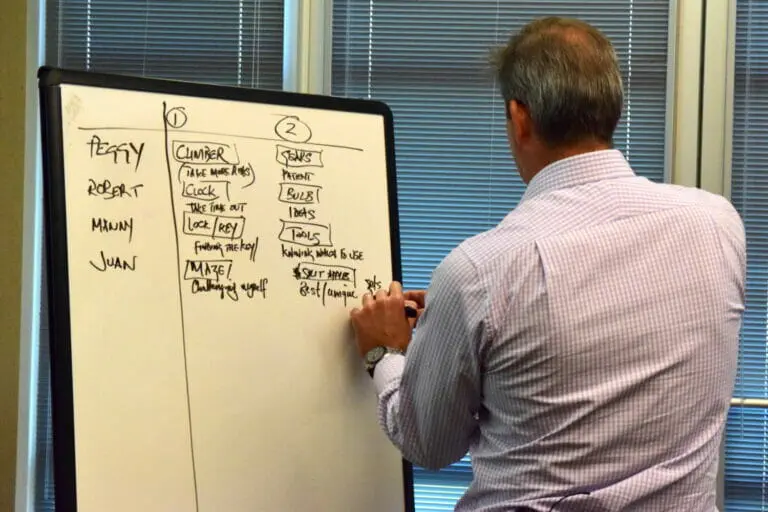

Copyright © 2025. Jumpstone International Ltd. All rights reserved.
Receive a Free Chapter of 'Inner Compass' to successfully navigate your leadership.
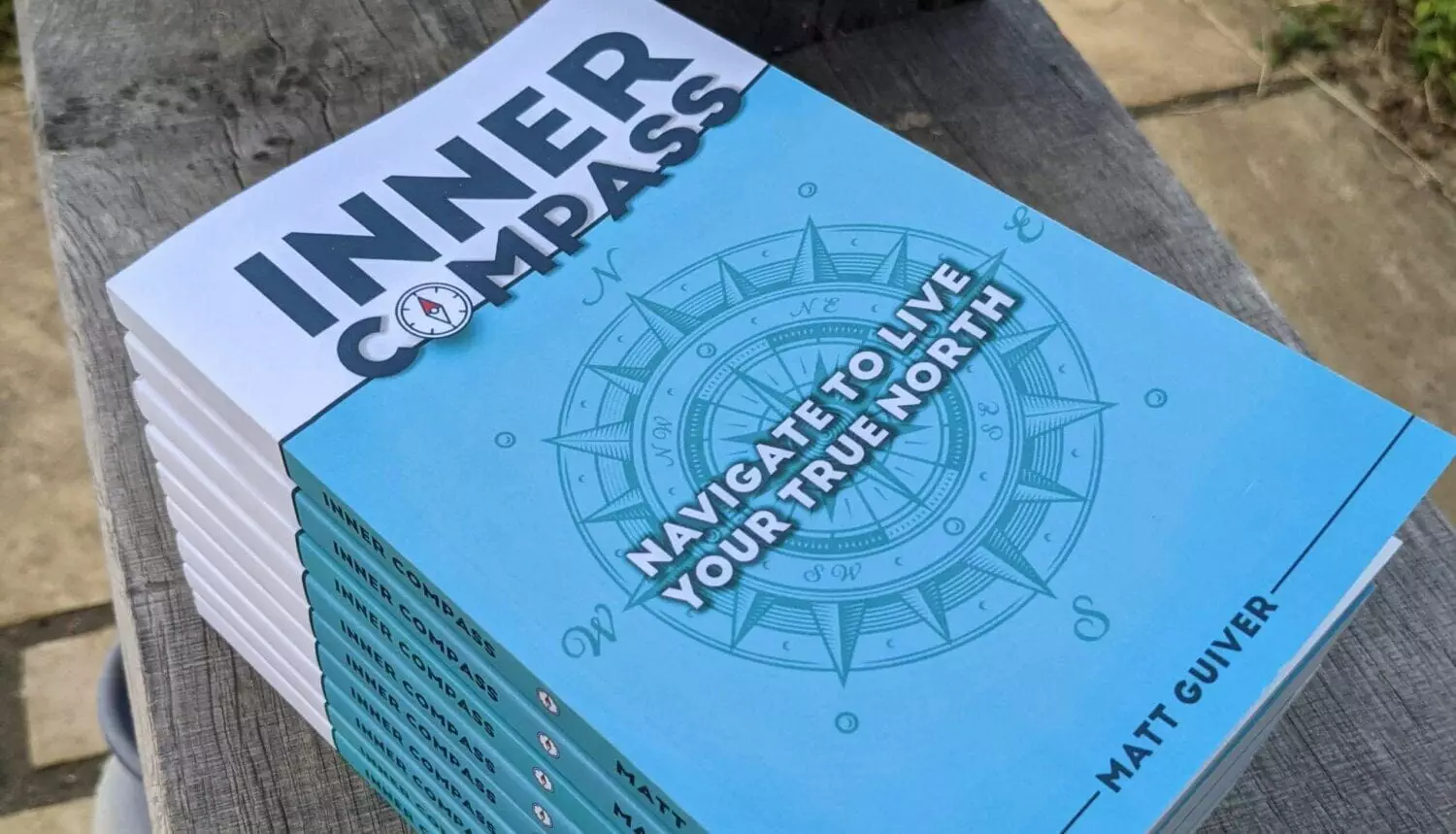
By claiming your free Inner Compass chapter, you will be added to the Jumpstone mailing list. You can unsubscribe at any time. Your information is protected as per our privacy policy.